Are you risking your privacy on social media? 1 in 4 people track their ex's location, finds study

We live in an era that has progressively advanced in technology and socialization over the span of mere decades. The internet is now a staple and social media holds more influence than any other medium of information. Millions of people use various forms of social networking, be it to connect with people, share private information, promote their businesses or just use it as a platform for expression. While we enjoy all the perks this medium has to offer, there's always one concern lurking in the background, that of privacy and security of our information. This especially rings true in the case of sharing personal multimedia content, like videos or photographs which tend to go viral almost instantly within social networking sites (SNSs). While it may seem normal to share some of your personal achievements and experience through social media, online overexposure could be putting your safety at risk.
However, in recent years, an alternative medium has emerged through which people can keep tabs on where you are or what you are doing. Contact tracing through active location services has become increasingly rampant, especially during these unprecedented times when technology is being used to track Covid-19 infections in the country. Governments and authorities have been urging people to download contact-tracing apps to help combat the coronavirus pandemic that has been sweeping the nation. Users are expected to enter some personal information regarding their health status and updates on possible Covid-19 symptoms.
Many of these use positioning data, not necessarily location data, to determine the people who have been in close proximity of the infected individual and to warn those who pose a risk to the infection to take necessary precautions. Yet, privacy and security concerns remain as many people develop distrust in these apps and an insufficient number of people will actually use it.
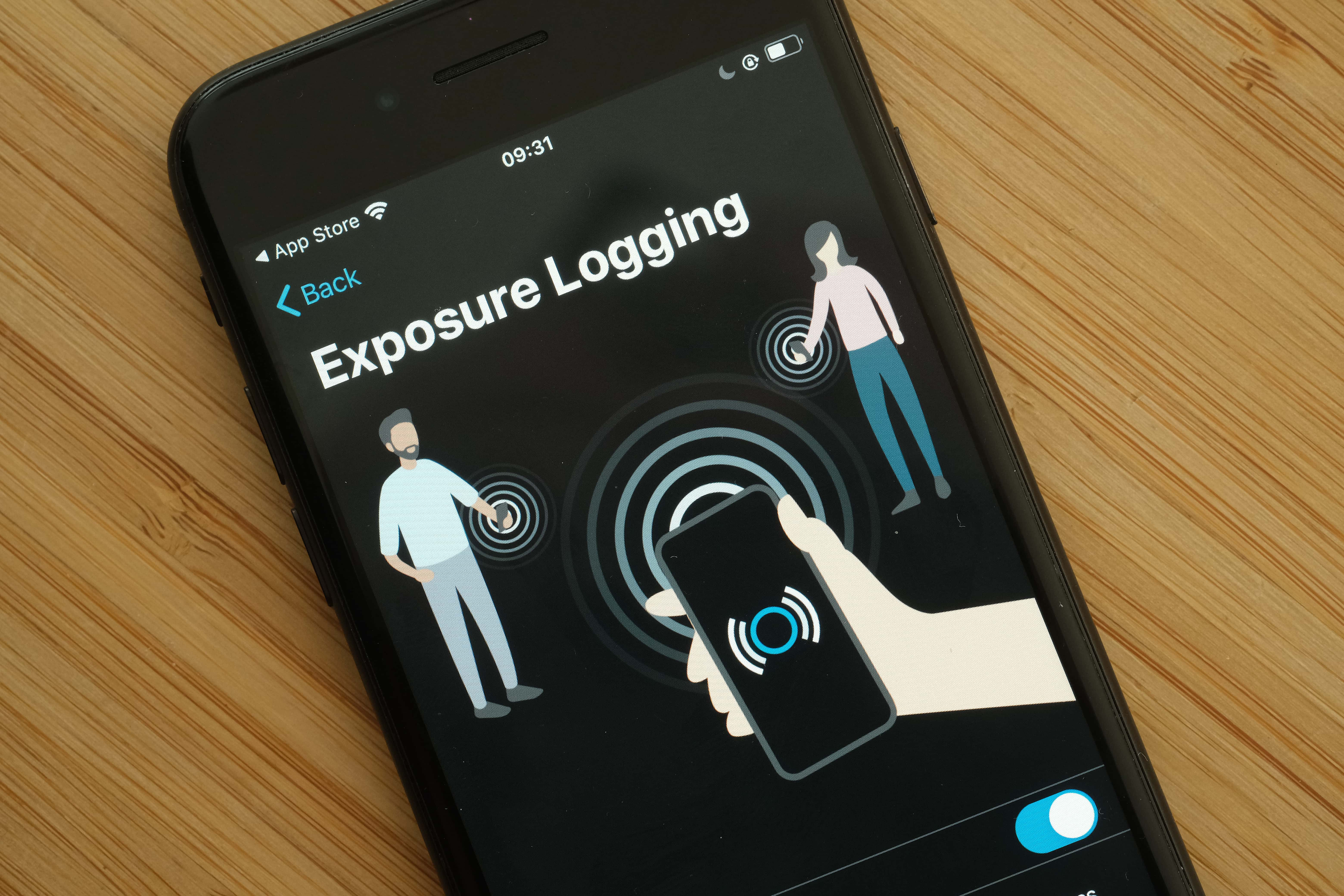
"A lot of apps have GPS tracking," said Chris Hazelton, Director of Product Marketing, at the mobile security company Lookout to the news publication, StateScoop. "They leverage GPS and Wi-Fi, so that gives you good information about where a person has been. That can be really helpful, but also a big invasion of privacy." Your smartphone may have the ability to share its location service to anyone and everyone. ADT, a company that provides electronic security services to homes, small and large businesses, surveyed over 1,000 smartphone users who utilize location services and social media. It also examined the number of people who kept their location services on, with whom they shared their whereabouts and what their friends, family, or significant others might be doing with the information they receive.
Finding your friends
Sharing one's location with friends over smartphones has become a norm in recent times. While many may say this is unnecessary, others deem it to be normal to know where your friends are and what they are doing without them having to tell you in person. A Pew Research Survey from 2013 found that 12 percent of adult smartphone users used "geosocial" services to share their locations with friends, but there has been no viable update in the seven years, since. One of the most commonly cited reasons for the sharing of location with one's close friend circle is that it gives a sense of safety when someone always knows where you are.
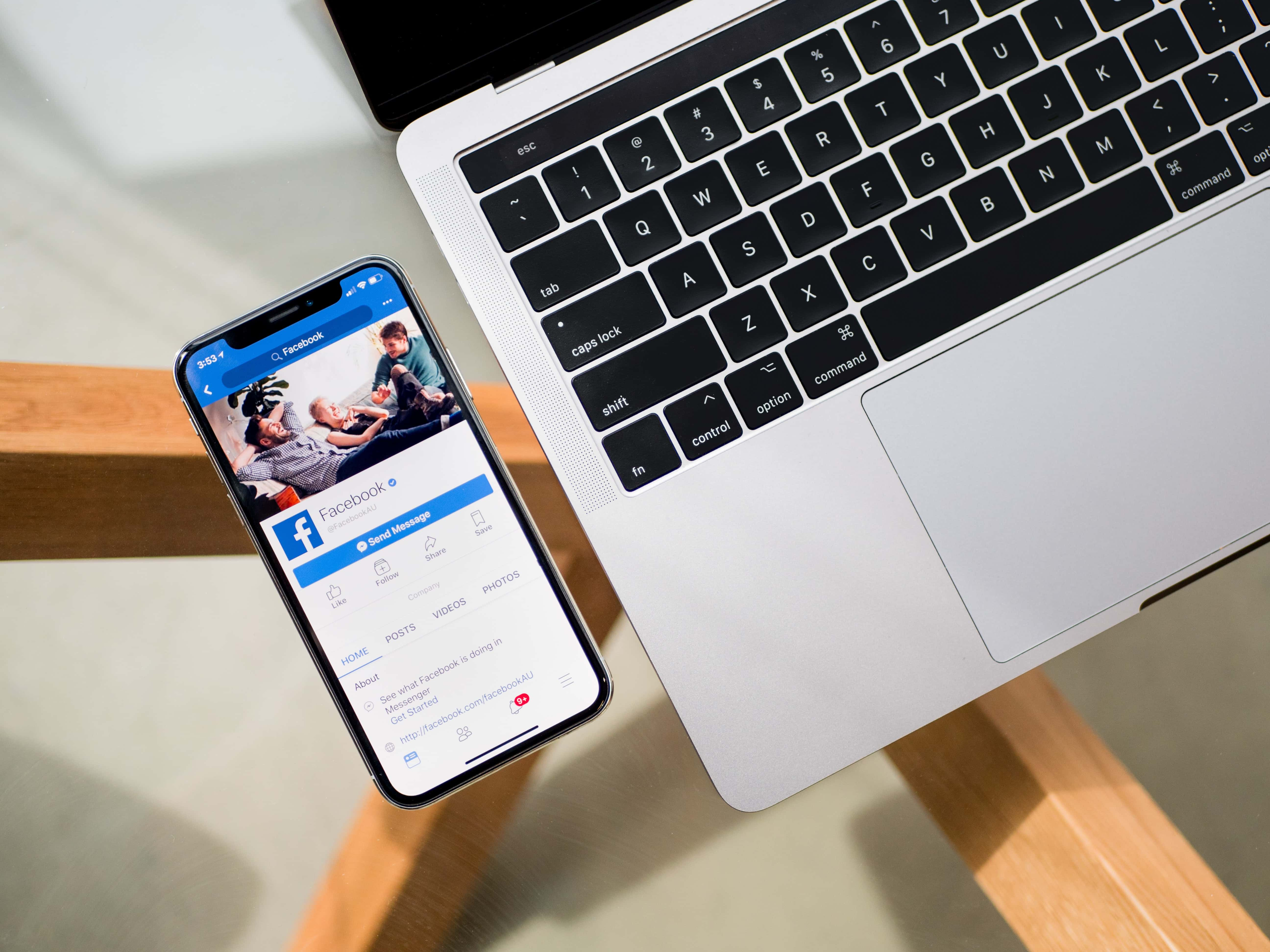
Results from ADT's survey shows that 35 percent of Americans affirmed to having their phone locations on, either always or often. Another 40 percent responded with having their location services enabled only sometimes. Only 22 percent responded said they seldom turn on their location services in their smartphones, while a rare 4 percent said they keep them off at all times. A large majority of surveyed people said that they enable location services in some capacity, of which more than half (54 percent) said they feel some sense of security and safety when they allow access to their whereabouts. 34 percent of respondents said they felt more safe knowing that those they shared their location with can keep a track of where they are. Additionally, women (41 percent) reported feeling safer than men (26 percent) after sharing their location.
"The majority of people share their location, and the most common reason for doing so was safety. Users most frequently share their location on Snapchat," said Angela Skane, project manager at Fractl who worked on the study commissioned by ADT. With social media options of 'geotagging' and 'checking', one can easily share their locations over SNS as well. 57 percent of Americans with public Instagram accounts said they shared their location through the app, while 43 percent of public Facebook users and 39 percent of public Snapchat users did the same.
Somebody's watching you
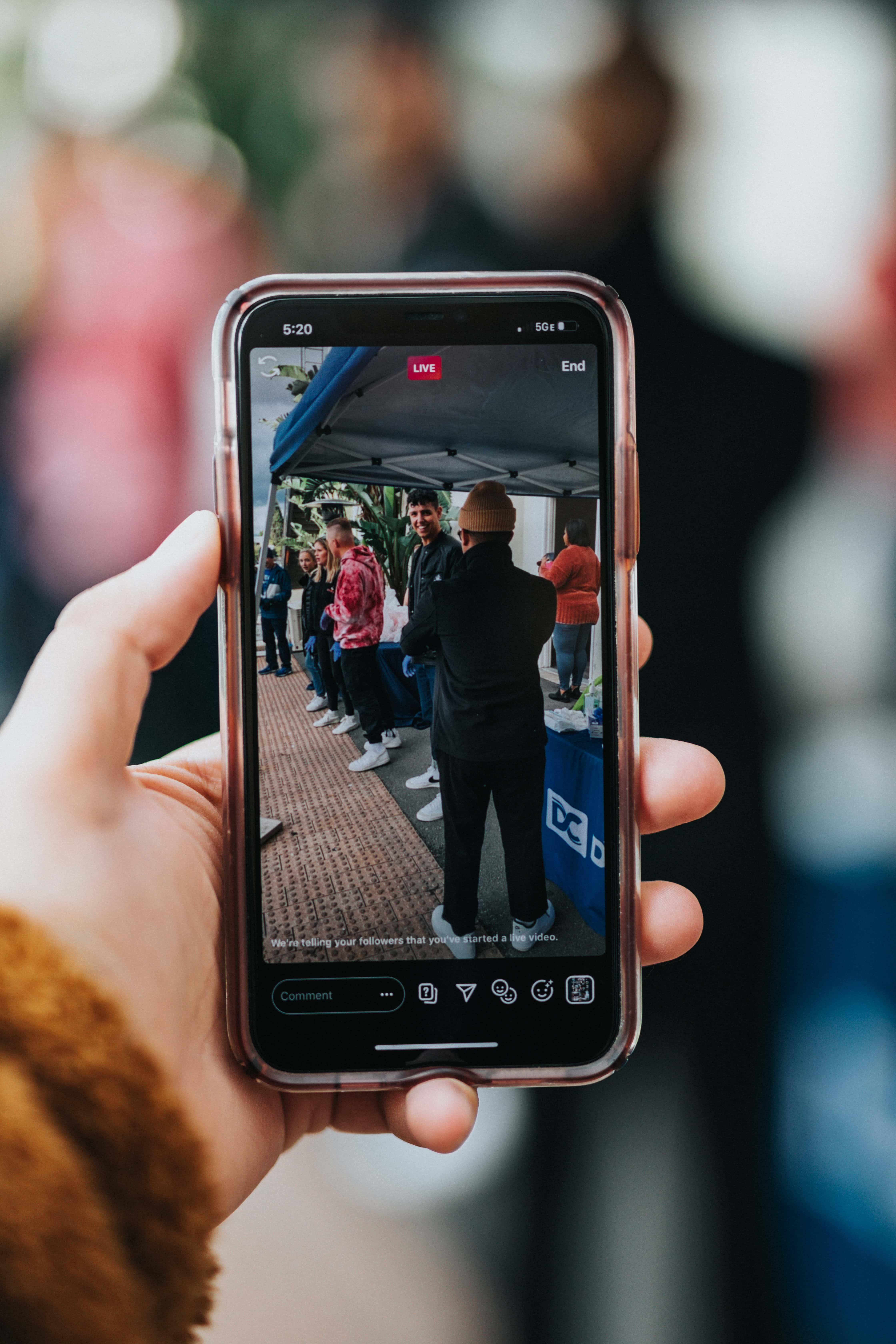
People polled in the ADT survey said that on average they shared the location directly with four people of which 56 percent said it was shared with their significant others, 40 percent with friends, 40 percent with parents and 36 with their siblings. "Users directly share their location with about 4 people — most frequently significant others. The majority of these users say doing so actually makes them feel more safe," Skane observed. 60 percent of respondents said they feel the safest when their partners or spouses know where they are by accessing their location, while 40 shared their location data with their parents and 42 percent with their siblings. On the contrary, 39 percent of Americans said they felt unsafe when their significant other was aware of their whereabouts through enabled location services, and 35 percent said the same with regard to sharing this information with their parents.
Frequent usage
In terms of frequency of usage, most people don't always enable location services so someone they trust knows where they are. Only 31 percent of the respondents admitted that they check their partner's location every day, while 28 percent of parents and 27 percent of siblings also said the same. Overwhelmingly, 48 percent of parents responded saying they use location services regularly to check their kids' whereabouts. "While users say sharing this data makes them feel more safe, an alarming percentage of respondents used this data to try and run into someone," Skane added. "This might suggest we're more comfortable sharing this data than we should be."
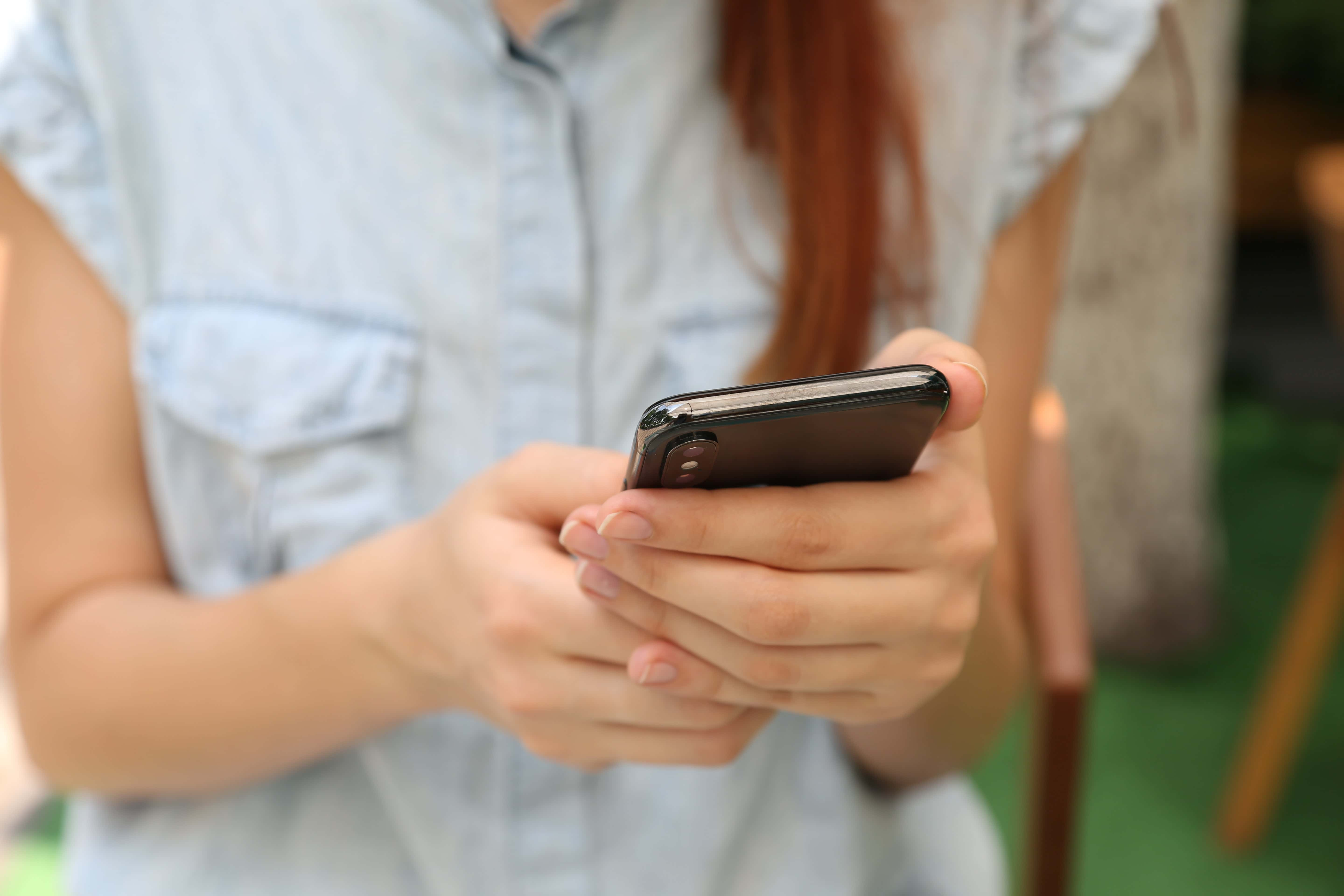
62 percent of women said that they were more likely than men (58 percent) to check the location of others to ensure their safety. On the other hand, 40 percent of men said they are more likely to use location services simply out of curiosity to see if the other person was out without them than women (40 percent). In some cases, sharing location data through any medium can also lead to someone crossing the line. 17 percent of people who were surveyed confessed they deliberately used social media information to run into someone in public. 25 percent men and 20 percent women also confessed to using social media or smartphone location information to check up on an ex, after breaking up to them.
Vulnerable and exposed
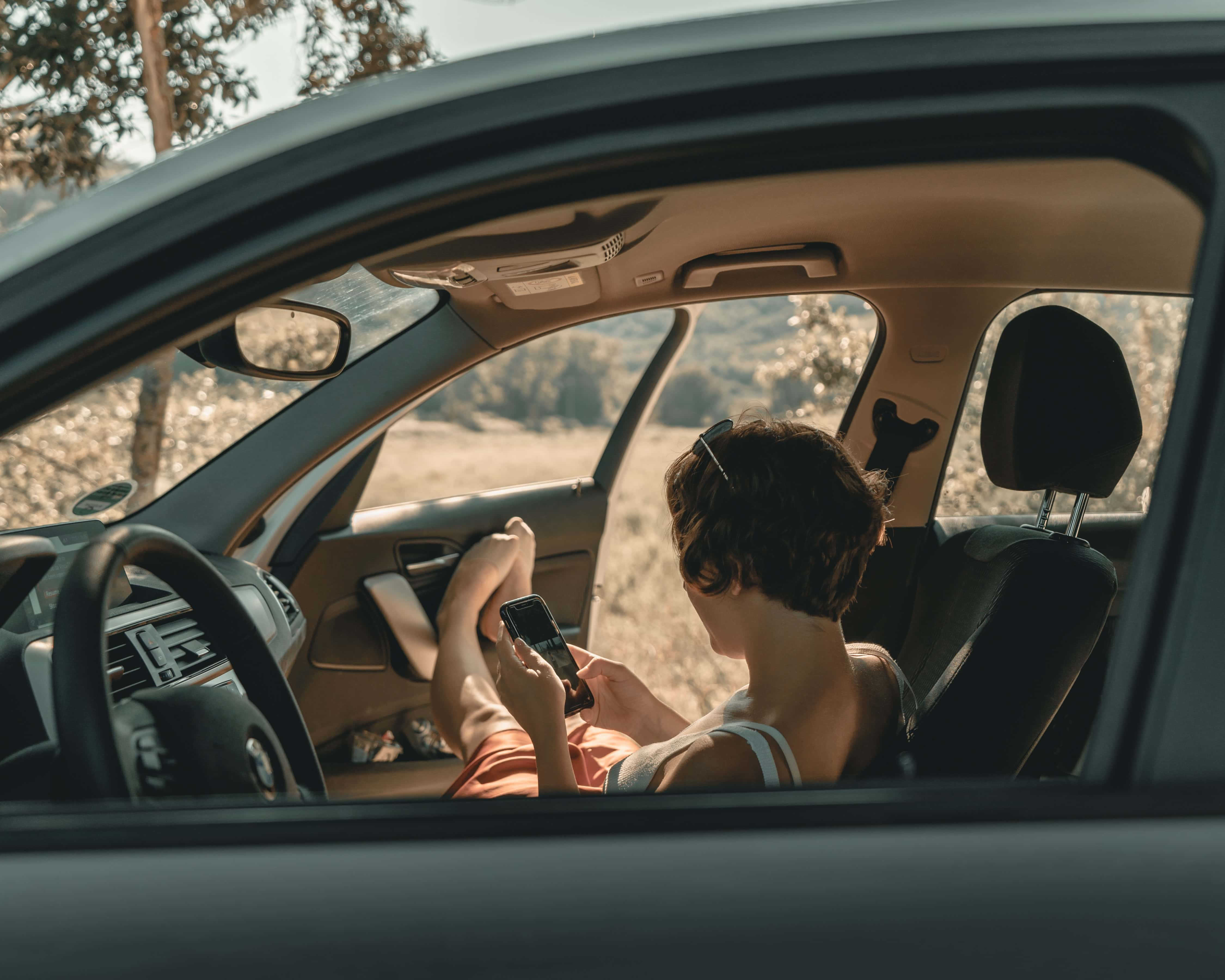
Oversharing private information on a public domain may pose a serious safety threat. As ADT notes, when one shares details of a vacation online, not only can it make you vulnerable and an easy target in an unfamiliar area, but it can also be a signal to thieves and robbers that your house is currently empty and possibly unguarded. "Even though the majority of respondents felt comfortable sharing their locations, they also admitted that they know it puts their home and valuables at risk," Skane opined. "Of people who had their home broken into while they were out, many respondents had also shared their location before it happened." More than half of the surveyed people agreed that when they share their locations on social media, they put their homes and valuables at risk, while roughly 1 in 4 people disagreed. Of the 14 percent who responded that their homes had been broken into while they had been away, 41 percent said they had shared their location on social media prior to the occurrence.
Safety in a digital era
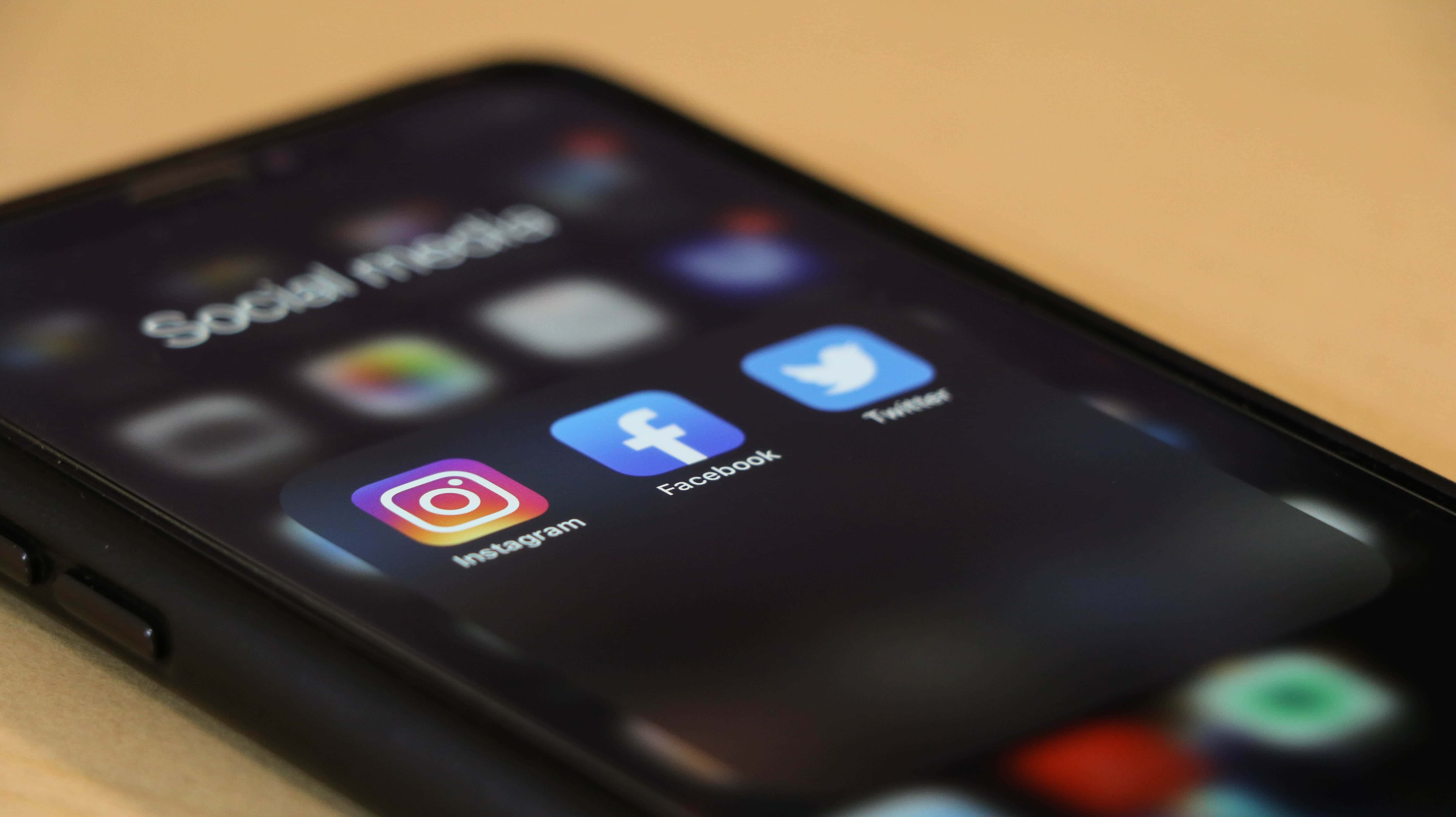
The circumstance surrounding the dissemination of your location service among your close circles can vary. Under the right circumstances, people feel safer but on the contrary, some feel less safe because it gives specific individuals have direct access to their location. Others may also not be taking the right safety precautions while sharing their locations on social media. "Overall, our research paints a picture of comfort when it comes to location sharing, even though it is not uncommon for people to misuse this information," Skane asserted.










